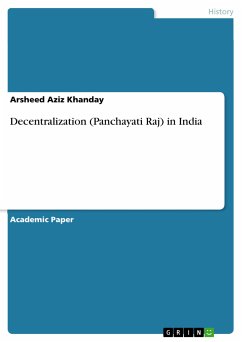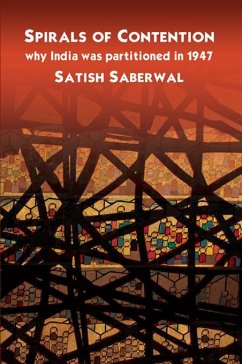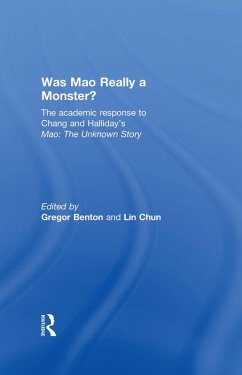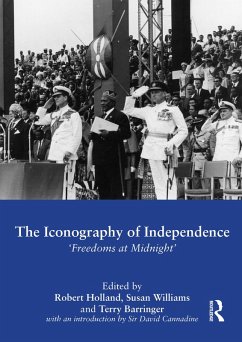
Decentralization (Panchayati Raj) in India (eBook, PDF)
Versandkostenfrei!
Sofort per Download lieferbar
Statt: 17,95 €**
15,99 €
inkl. MwSt. und vom Verlag festgesetzt.
**Preis der gedruckten Ausgabe (Broschiertes Buch)
Alle Infos zum eBook verschenkenWeitere Ausgaben:

PAYBACK Punkte
0 °P sammeln!
Academic Paper from the year 2012 in the subject History - Asia, , language: English, abstract: This paper analyses the decentralization in India with special interest in the history of the country and his government. Decentralization is popularly known as Panchayati raj in India. Panchayati raj institutions have been considered as instruments of socio-economic transformation in rural India. Decentralization of power to the Panchayats is seen as a means of empowering people and involving them in decision making process. Local governments being closer to the people can be more responsive to loc...
Academic Paper from the year 2012 in the subject History - Asia, , language: English, abstract: This paper analyses the decentralization in India with special interest in the history of the country and his government. Decentralization is popularly known as Panchayati raj in India. Panchayati raj institutions have been considered as instruments of socio-economic transformation in rural India. Decentralization of power to the Panchayats is seen as a means of empowering people and involving them in decision making process. Local governments being closer to the people can be more responsive to local needs and can make better use of resources. The democratic system in a country can be ensured only if there is mass participation in the governance. Therefore, the system of democratic decentralization popularly known as Panchayati Raj is considered as an instrument to ensure democracy and socio-economic transformation. From ancient to Mughal period village bodies were the pivot of administration. In the British period our villages remained backward and they lacked all the essentials of civilized existence. They did not have adequate communications, sanitations, public health, medical aid, good education facilities and all other things that a modern man needs as essentials of life. In the independent India, The role of the local self government acquired a new significance.
Dieser Download kann aus rechtlichen Gründen nur mit Rechnungsadresse in A, B, BG, CY, CZ, D, DK, EW, E, FIN, F, GR, HR, H, IRL, I, LT, L, LR, M, NL, PL, P, R, S, SLO, SK ausgeliefert werden.













